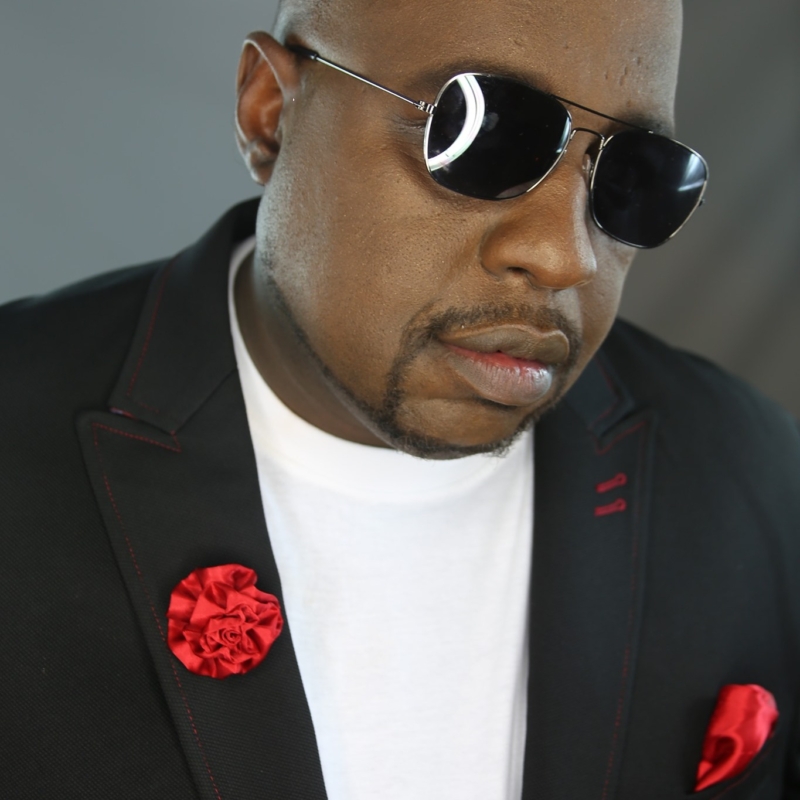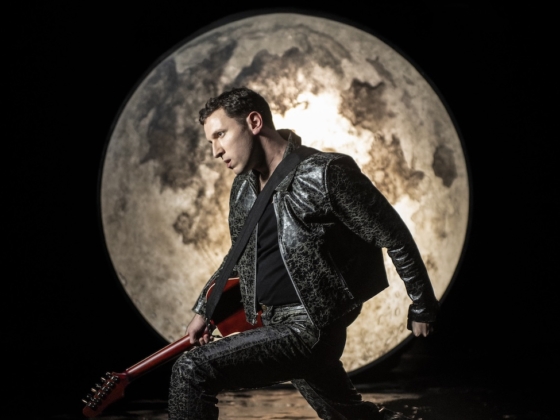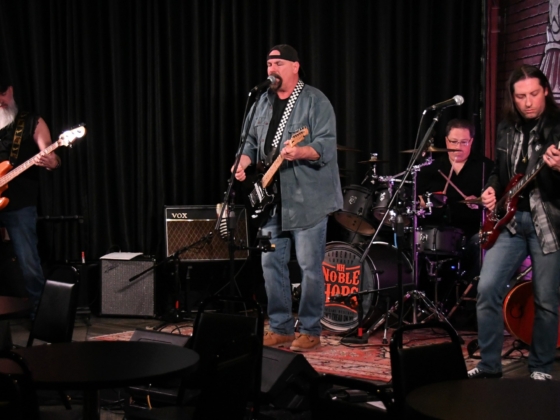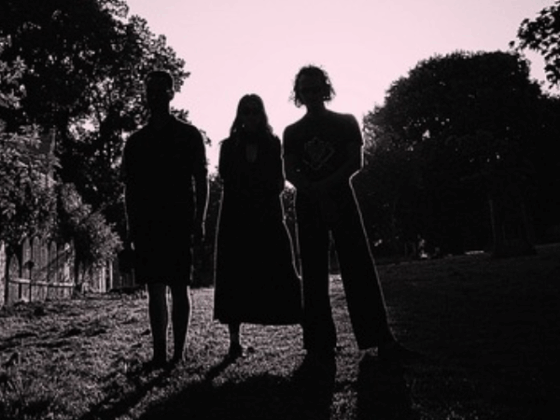Jermaine Mickey, once a voice that helped define ‘90s R&B, makes an impassioned comeback on his latest solo effort, “All This Love.” Famously remembered as one of the founding members of the chart-topping group II D Extreme, whose classic hits like “Cry No More” and “Up On the Roof” continue to resound through the hearts of R&B enthusiasts worldwide, Mickey now makes his return debut in the most soul-soothing way possible.
With love, “All This Love” is a slow-burn groove that oozes the same level of sincerity and smoothness that made ‘90s R&B great. From the opening chords, you are dragged into a mood that’s at once familiar and refreshing. Backed by a bed of cozy instrumentation, Mickey’s vocals, grown velvety with time yet still soft as ever, float on top.
There is an emotional truth to his singing, as if he weren’t just singing to something but for something, a moment, a feeling, a type of romance that is forthright and unabashed. That kind of depth, of course, doesn’t happen overnight. It’s the stamp of an older storyteller who has bungled the lines he sings.
Many of today’s R&B tracks succumb to trend-heavy production, but Mickey keeps things rooted, as usual, in what he does, real instruments, real emotion, and melodies that go straight to the heart. “All This Love” is like a letter from a man who’s been around the block of love several times, still surprised at its power, still willing to give everything he’s got. For those who love II D Extreme and appreciate real, grown R&B, this is proof that great music never truly dies. Jermaine Mickey has not only returned, but he has done so with romance that is classy, clean, and soulful.
Connect with Jermaine Mickey: Instagram









